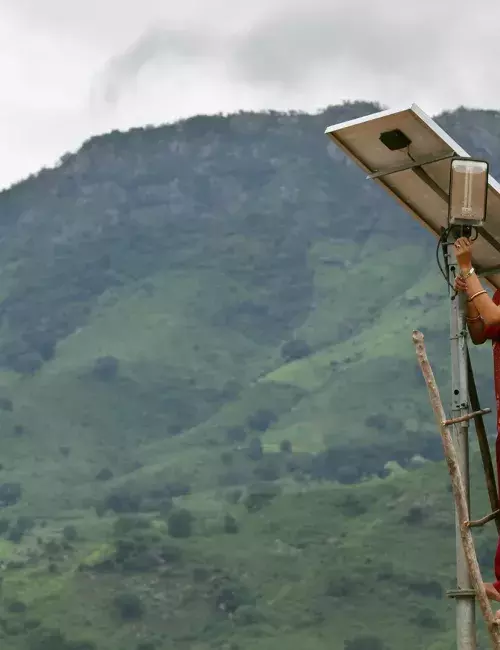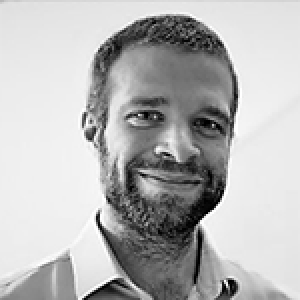RISE: Renewable, innovative and scalable electrification
Overview
The interdisciplinary RISE project focused on designing integrated, practical and transferable strategies for the local SME renewable energy sector in Sub-Saharan Africa. Our work centred on two contrasting national case studies, in Uganda and Zambia.
More than two-thirds of the population of Sub-Saharan Africa lack access to electricity. Energy poverty is especially acute in rural areas, while high prices, unreliable supply, and low take-up of renewable sources present problems for those who do have access to electricity. Delivery of rural electrification at scale depends on advances in:
- Business models for a competitive local renewable electrification industry
- Institutional arrangements to advance development of the industry
- Community involvement, especially in rural areas.
Given the size of the continent and low rates of urbanisation, large-scale electrical grids are both impractical and expensive, and falling system costs have made renewable off-grid solutions the cheapest and cleanest option in many remote areas. Three main issues have prevented sustainable electrification:
- Difficulties in attracting international investment to small-scale renewables
- Inconsistent and unclear regulatory and institutional frameworks
- Failure to include local communities in planning.
Our work
Innovative business models:
- Examined the local renewable energy SME landscape in Uganda and Zambia.
- Designed business models for SMEs to help deliver rural electrification at scale.
Institutional facilitation:
- Mapped the roles and responsibilities of the existing energy sector institutions in Uganda and Zambia. Identified institutional, policy and regulatory constraints for the development and scaling up of decentralised renewable energy. Analysed qualitative differences between the two institutional designs.
- Designed a better institutional, policy and regulatory framework for local renewable energy markets, and analysed successful institutional setups.
Community engagement:
- Explored the factors that lead to successful adoption and management of local-level renewable energy projects, including customers' attitudes to different technologies, different methods of community participation, customer-specific electrification needs and the interaction between enterprise and communities.
- Designed local engagement and inclusive community participation approaches.
- Dr Amos Madhlopa – Co-Principal Investigator | Senior Researcher in Renewable Energy, University of Cape Town
- Dr Bothwell Batidzirai | Senior Researcher in Energy Poverty and Development, University of Cape Town
- Dr Sarah McGill
- Alfred Moyo | Research Officer, University of Cape Town
- Akaraseth Puranasamriddhi
- Peter Twesigye | PhD Candidate, University of Cape Town
Partners
- Prosperity Agencies Limited
- Centre for Development Alternatives
- Tikondane Community Centre
Advisory Council
- Electricity Regulatory Authority Uganda (ERA)
- Ministry of Energy and Mineral Development
- The High Commission of the Republic of Zambia UK
- Rural Electrification Agency Uganda
- Winch Energy
- EMFin Advisory - Orli Arav
- Titan Partners
- Mobile Power
- Kuungana Advisory
- BOSCO Uganda
- Steve Beel | Head of Economic Growth & Energy, DFID Zambia
- Muhanya Solar Ltd., Zambia
- Chris Woolhouse (Independent Consultant)
- Alexander Filippov (Independent Consultant)



